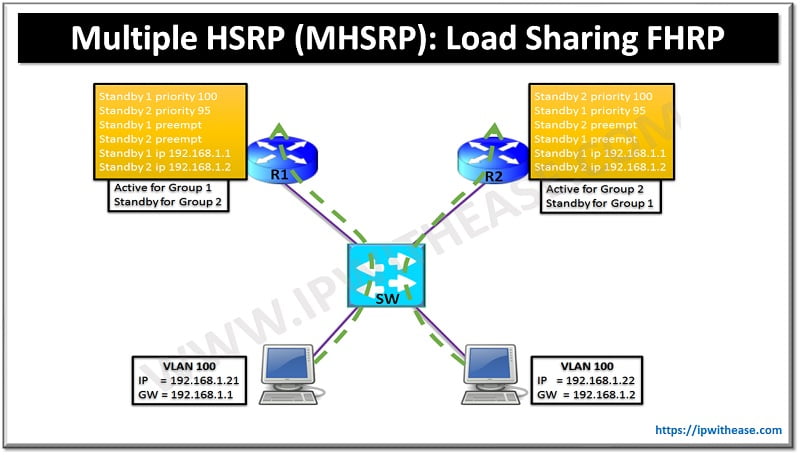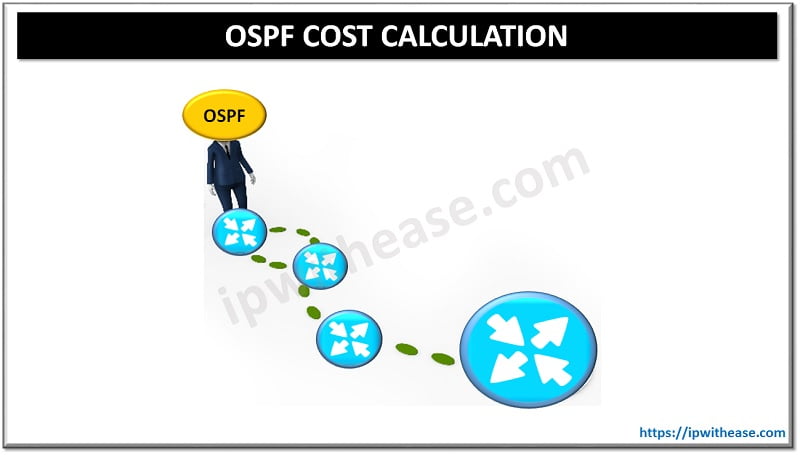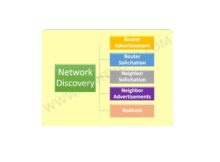Google ADs
HTTP (Hyper Text Transfer Protocol) and FTP (File Transfer Protocol) are both network protocols for file transfer and we have already discussed them in detail in our last blogs.
Here in this blog, we are going to understand the difference between the two i.e. FTP vs HTTP.
HTTP and FTP, both use TCP Protocol for communication.
Google ADs
Comparison Table: FTP vs HTTP
Below table explains FTP and HTTP protocol difference and their applicability in real world –
PARAMETER | FTP | HTTP |
| Full Form | File Transfer Protocol | Hyper Text Transfer Protocol |
| Port Number | TCP port no 20 and 21 | TCP port no 80 and 8080 |
| RFC | RFC959, RFC765, RFC1738 | RFC2616, RFC7230 and RFC7231 |
| Philosophy | Used to transfer files from remote computer after connection is established | Used to transfer web pages from remote server after internet connection is established. |
| Communication | 2-way communication system where upload and download of files from client to server can occur. | 1-way communication system where content including pictures and texts can be transferred from server to client. |
| Speed of download | FTP is slower than HTTP | HTTP is faster than FTP when downloading one big file. HTTP can use parallel chunk download which makes it 6x times faster than FTP |
| Applicability | Used to access and transfer files. | HTTP is used to view websites. |
| Client | FTP can be accessed via the command line or a GUI | The common HTTP client is the browser |
| Usage | Used by fewer people | Most widely used |
| Authentication | Requires username and password for authentication | Does not requires username and password for authentication |
Download the comparison table: FTP vs HTTP
Continue Reading:
ABOUT THE AUTHOR

Founder of AAR TECHNOSOLUTIONS, Rashmi is an evangelist for IT and technology. With more than 12 years in the IT ecosystem, she has been supporting multi domain functions across IT & consultancy services, in addition to Technical content making.
You can learn more about her on her linkedin profile – Rashmi Bhardwaj



